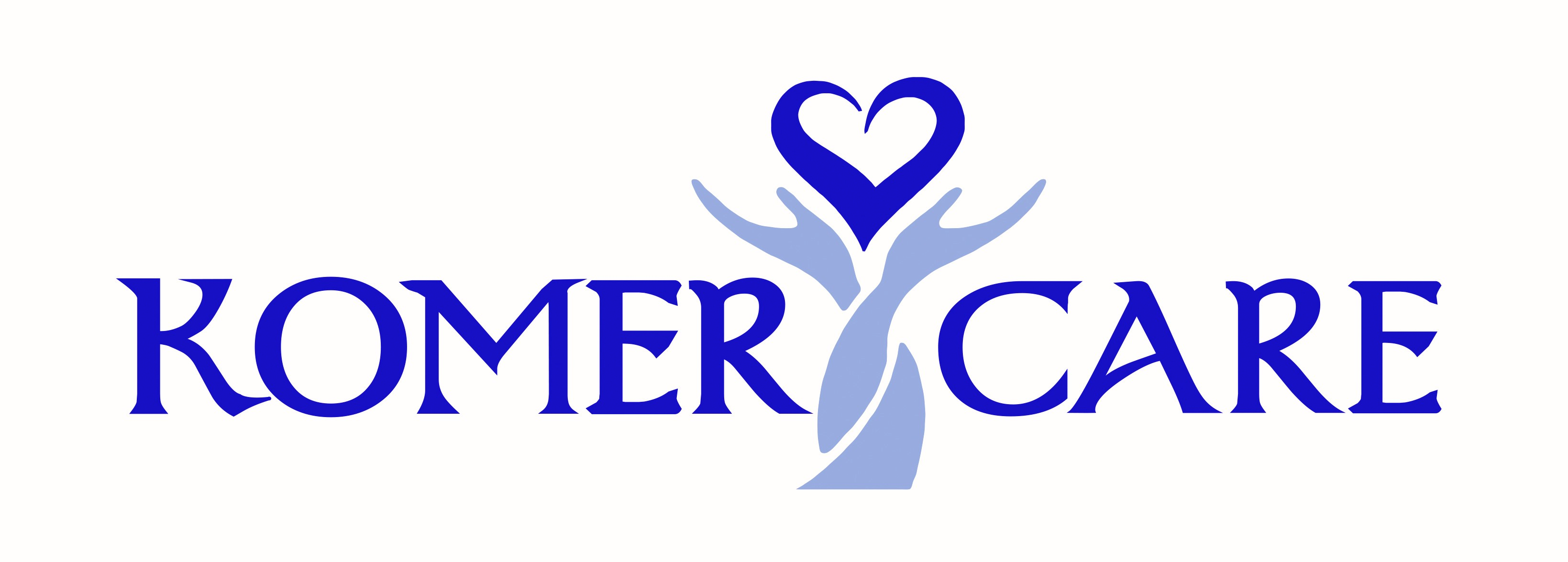
Hormones are substances naturally produced by glands in the body called the endocrine system. They are manufactured in one part of the body but used in many other areas. They are the body’s chemical messengers.
The hypothalamus is a part of the brain that controls the release of hormones made by the pituitary gland. The pituitary gland is also located in the head at the base of the brain. It is often called the master gland because it produces hormones that signal other glands to manufacture their own specific hormones. These glands include the thyroid, the adrenals, and the ovaries and testicles.
The hypothalamus and pituitary gland are like conductors in an orchestra. The various hormones for which they are responsible are like the many instruments, which have to be in tune, and have to play together. If one instrument is too loud, or too soft, or is not playing with the rest of the orchestra, chaos can result. The same goes for changes in hormones in the human body. They have to be fine-tuned and have optimal levels to work together for the most favorable function and health.
The thyroid gland is located at the front of the neck and produces the thyroid hormones T3, reverse T3 and T4. These hormones control metabolism, breathing, heart rate, mood, muscle strength, menstrual cycles, body temperature and many other functions.
The adrenal glands are located above each kidney. They produce the hormones cortisol, adrenaline, noradrenaline, and some of the androgens (male hormones). These hormones have many functions, some of which are the regulation of blood pressure, regulation of metabolism and response to stress.
The ovaries are the female sex glands. Beyond being the reservoir of eggs, they produce the female hormones estrogen and progesterone, as well as a small amount of testosterone. These hormones are responsible for the change in the female body at puberty and the maintenance of the reproductive organs. They play a key role in having periods and also in pregnancy. Importantly, these hormones have a great effect on mood and energy.
The testes or testicles are the male sex glands. Besides being responsible for the production of sperm, they also create the hormone testosterone which influences many areas of the male body, especially mood, energy, sleep, thinking, muscle development, sex drive and bone density.
Growth hormone is produced by the pituitary gland and as its name implies, it is necessary for growth. However, after the growing phase of puberty has been completed, I think it should be more accurately renamed the “repair hormone.” It has many effects throughout the body, including maintenance of muscles, reduction of fat, levels of blood sugar, maintenance of good mood, helpful effects on learning and memory, and stimulation of the immune system.
Throughout the day, the body’s demands for each hormone change. Your body reacts to what is happening in your life. Hormones are delivered into the bloodstream to cells in various tissues. The hormones bind to a specific cell receptor that is like a key fitting into a particular lock. Once this binding takes place, there is a biological effect. This effect can be either positive or negative. An example of a good effect is the hormone testosterone binding with a receptor in the skin and causing growth of hair on the chin, or its binding to a cell in the testes to produce sperm.
If there is a negative effect, it can stop the production of a substance. The production of hormones is regulated by a delicate set of feedback loops. This means that the amount of the substance in the system regulates its own concentration. When there are low levels of a hormone, there is positive feedback and more of that hormone is produced. However, when hormone levels get to the appropriate level, there is negative feedback and production of that hormone stops. This is very much like
a thermostat on the wall regulating temperature. These balances are very delicate and can be changed by chemicals, stress, and injury.
Since the pituitary gland and the hypothalamus are located near or in the brain, traumatic brain injuries can cause hormone problems. The TBI may change hormone production right away or its can affect hormone levels years, and even decades after the injury. I also have seen many examples in my practice where severe stress greatly affects hormone levels. Post-Traumatic Stress Disorder (PTSD) is a typical example of this.
In summary, optimal hormone levels are critical for health and wellbeing.
Concussions, other brain injuries and PTSD can upset this fine balance and lead to illness and deterioration of health. However, the hopeful message is that we are now recognizing these hormone abnormalities. We can optimize hormone levels, and those suffering can improve significantly, and some may even get better completely.

